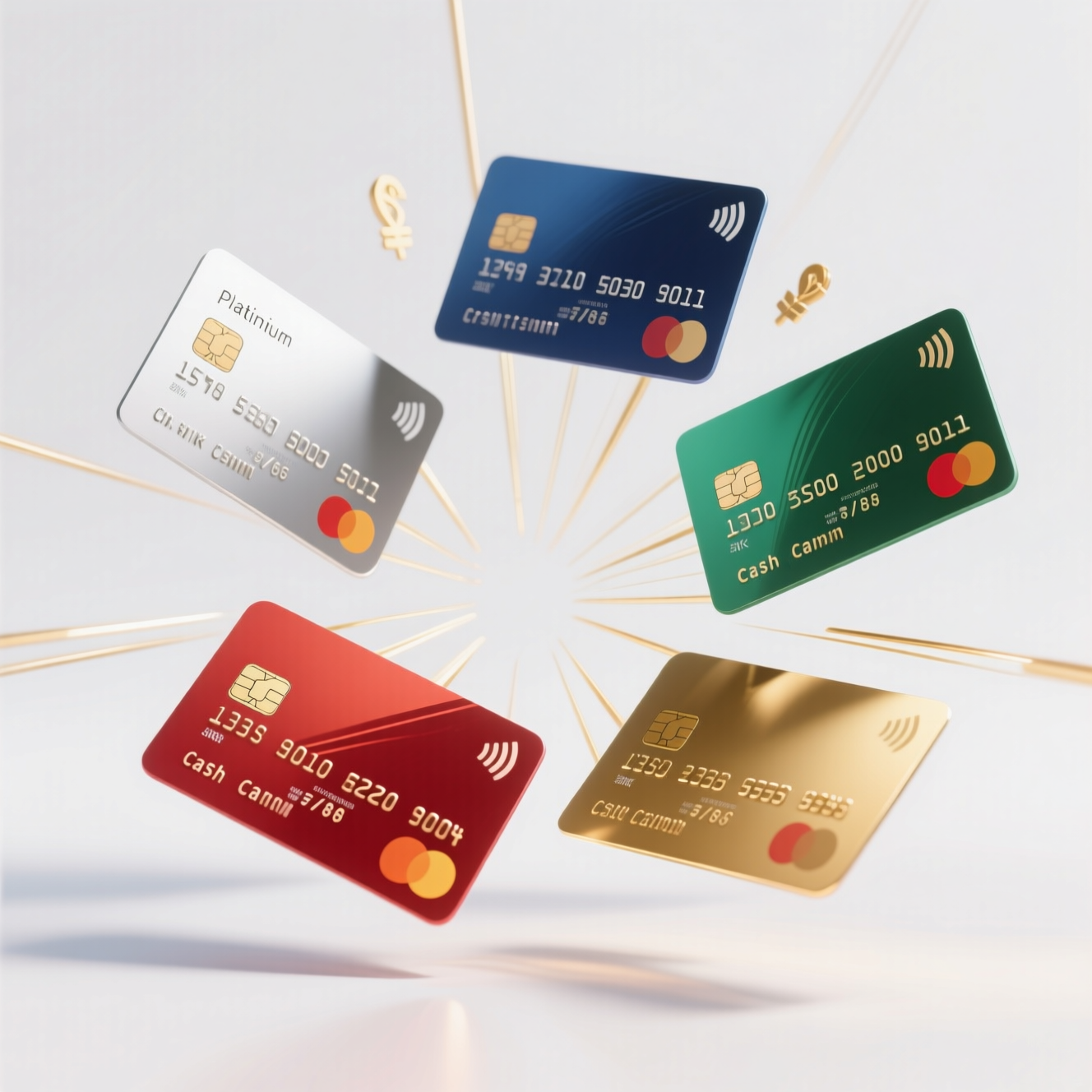Differences between Credit and Debit Cards -Which One to Choose?
Understanding the distinctions between credit and debit cards is vital for making informed financial decisions. Both options serve as alternatives to cash payments, providing convenience and security.
However, their underlying mechanisms, benefits, and potential pitfalls vary significantly, making it essential to evaluate which suits your lifestyle and financial habits better.
Credit cards operate as short-term loans, allowing you to borrow money from a bank or financial institution to make purchases.
They often come with added perks such as rewards programs, buyer protections, and the ability to build a credit history.
On the other hand, debit cards draw directly from your bank account, offering simplicity, reduced risk of debt, and lower fees. Understanding these fundamental differences is crucial to managing your money responsibly.
This article delves into the core aspects of credit and debit cards, exploring their functionalities, benefits, drawbacks, and how to decide between the two based on your financial goals and habits.
By the end, you’ll be better equipped to choose the right card and use it wisely.
Understand How Cards Work

American Credit Cards
American credit cards operate on a deferred payment system, where the cardholder can make purchases up to a pre-approved credit limit.
At the end of the billing cycle, they are required to repay the borrowed amount, either in full or partially.
Paying the full amount avoids interest charges, while partial payments accrue interest on the remaining balance.
Credit cards also offer additional features such as reward points, travel perks, and purchase protections, making them a preferred option for many consumers.
Debit Card
Debit cards, conversely, allow users to spend money directly from their checking account. The cardholder cannot spend more than the available balance unless overdraft protection is enabled, which may incur fees.
Debit cards are widely accepted and function seamlessly for everyday transactions like grocery shopping or paying bills.
Since they do not involve borrowing, they eliminate the risk of debt accumulation.
Main Differences
Credit and debit cards differ primarily in how payments are processed, their associated risks, and the rewards they offer.
Credit cards enable borrowing with repayment options, while debit cards are limited to the account balance.
Additionally, credit cards may include benefits like fraud protection and purchase insurance, whereas debit cards emphasize simplicity and low-cost usage.
Possibility to Pay at the End of the Month and in Installments
One of the most significant benefits of credit cards is the flexibility to defer payments. This feature allows cardholders to manage their cash flow efficiently.
Installment options make high-value purchases more accessible, spreading the cost over several months.
Protection Against Fraud
Credit cards typically offer robust fraud protection, including zero liability for unauthorized transactions.
Unlike debit cards, where fraudulent activity can directly impact your bank balance, credit cards act as a buffer, giving you time to resolve disputes without immediate financial loss.
Disadvantages of Credit Cards Compared to Debit Cards
Possibility of Debt
The ease of spending with credit cards can lead to overuse, resulting in debt accumulation. If balances are not paid in full, interest rates can quickly inflate the total cost of purchases.
Encourage Impulsive and Unnecessary Spending
Credit cards often entice users to make impulsive purchases due to the “buy now, pay later” convenience. This behavior can derail budgets and lead to financial stress.
The Possibility of Fraud and Security Problems
While credit cards provide fraud protection, they are also frequent targets for cybercriminals. Vigilance and secure usage practices are essential to minimize risks.
How to Choose Between Credit and Debit Cards
When deciding between credit and debit cards, consider your financial discipline, spending habits, and the purpose of the card.
If you need flexibility and can manage repayment responsibly, a credit card may be more suitable. However, for everyday expenses and simplicity, a debit card is the safer option.
Responsible Use of Credit and Debit Cards
Maintaining responsible usage involves tracking your spending, avoiding unnecessary debt, and ensuring timely payments.
Regularly reviewing statements and setting spending limits can prevent financial mismanagement.
Credit and Debit Card Security Features
Both card types offer security features, including EMV chip technology, two-factor authentication, and transaction alerts.
Credit cards, however, often provide additional layers of protection, such as extended warranties and purchase insurance.
Fees and Costs Associated with Credit and Debit Cards
Annuity
Credit cards may charge annual fees based on their features. Premium cards with extensive benefits often have higher fees.
Foreign Transaction Fees
Both card types may incur foreign transaction fees for international purchases, though credit cards often offer fee-free options for travelers.
Cash Withdrawal Fees
Using credit cards for cash withdrawals typically involves high fees and interest rates, unlike debit cards, which may only incur minimal ATM charges.
Impact on Credit History: Credit Cards vs. Debit Cards
Credit card usage can significantly impact your credit score. Responsible usage builds creditworthiness, while late payments harm it. Debit card transactions, in contrast, do not affect credit history as they do not involve borrowing.
Credit and Debit Cards: Additional Benefits and Rewards Programs
Various Reward Options Offered by Loyalty Programs
Credit cards often include reward programs, offering cashback, travel miles, or points redeemable for products and services. These incentives can add substantial value to your purchases.
Additional Benefits
Some credit cards provide perks like travel insurance, access to airport lounges, and concierge services. Debit cards, while more straightforward, occasionally include cashback offers and fee waivers.
Richard Lopez, the creator of the website and a professional writer with extensive experience in digital marketing, particularly in personal finance topics. When visiting finance.meu-dominio.com, you’ll find high-quality content guiding you through the subjects that are part of your daily life. Welcome to all!

How Brazilians Can Invest in U.S. Stocks: A Guide to Buying NASDAQ-Listed Shares
For Brazilian investors seeking global diversification, higher growth potential, and exposure to some of the world’s most innovative companies, investing in U.S. stocks — particularly those listed on the NASDAQ — is an increasingly popular and accessible option.

5 tips to use your credit card without getting into debt
Let’s be honest — credit cards get a bad rap. They’re often blamed for spiraling debt, sleepless nights, and financial meltdowns. But here’s the truth: credit cards aren’t the problem. How we use them is.

Best Cash Back Credit Cards of September 2025
As the U.S. economy continues to evolve in 2025—with shifting consumer spending habits, fluctuating interest rates, and increased competition among financial institutions.